Alfred Gave Them The Sheets
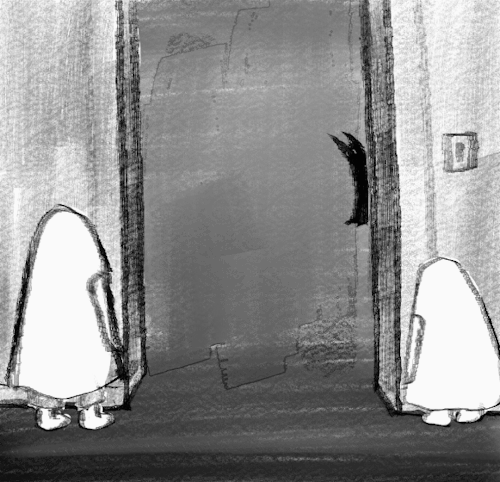
alfred gave them the sheets
More Posts from Hamonique-ao3 and Others
Out of curiousity, are you planning on adding to your Jason Todd Whump series, and if you are, do you take idea suggestions?
to be very honest, I am struggling to write a lot these days/months. I do have a few ideas and I wish I could publish them soon. However, you can give me suggestions. I cannot guarantee you that I will write them, since I am still struggling to write but any ideas are welcome :)
jean: traumatised, in denial, trying to get through each day, terrified of his future-
jeremy: this is my cardboard dog barkbark von barkenstein
things to add to your journals
song lyrics for a specific mood
spotify codes for favourite songs
receipts from a trip
envelope for gifts from any small children you know
pages to press flowers in
ticket stubs
fortune cookie readings
daily three-card tarot pulls
watercolour paper for art
page cutouts
watercolours just in general
pressed flowers
other dried herbs
sketches (taped or glued in)
morning/evening routines
colour in the leftover paper backing from stickers and glue/tape it in
friendship bracelets that may have broken or come off
grocery lists or other shopping lists (glue in if written on other paper)
book quotes
block poetry (you'll have to take a page out of a book for this)
mental health goals
halloween: candy wrappers
fabric scraps
family recipes
different textured papers
stamps
coins
Archivist: Wow those strawberries look amazing, what’s your secret?
Gardener: One time I killed a man
The Anatomy of Passing Out: When, Why, and How to Write It

Passing out, or syncope, is a loss of consciousness that can play a pivotal role in storytelling, adding drama, suspense, or emotional weight to a scene. Whether it’s due to injury, fear, or exhaustion, the act of fainting can instantly shift the stakes in your story.
But how do you write it convincingly? How do you ensure it’s not overly dramatic or medically inaccurate? In this guide, I’ll walk you through the causes, stages, and aftermath of passing out. By the end, you’ll be able to craft a vivid, realistic fainting scene that enhances your narrative without feeling clichéd or contrived.
2. Common Causes of Passing Out
Characters faint for a variety of reasons, and understanding the common causes can help you decide when and why your character might lose consciousness. Below are the major categories that can lead to fainting, each with their own narrative implications.
Physical Causes
Blood Loss: A sudden drop in blood volume from a wound can cause fainting as the body struggles to maintain circulation and oxygen delivery to the brain.
Dehydration: When the body doesn’t have enough fluids, blood pressure can plummet, leading to dizziness and fainting.
Low Blood Pressure (Hypotension): Characters with chronic low blood pressure may faint after standing up too quickly, due to insufficient blood reaching the brain.
Intense Pain: The body can shut down in response to severe pain, leading to fainting as a protective mechanism.
Heatstroke: Extreme heat can cause the body to overheat, resulting in dehydration and loss of consciousness.
Psychological Causes
Emotional Trauma or Shock: Intense fear, grief, or surprise can trigger a fainting episode, as the brain becomes overwhelmed.
Panic Attacks: The hyperventilation and increased heart rate associated with anxiety attacks can deprive the brain of oxygen, causing a character to faint.
Fear-Induced Fainting (Vasovagal Syncope): This occurs when a character is so afraid that their body’s fight-or-flight response leads to fainting.
Environmental Causes
Lack of Oxygen: Situations like suffocation, high altitudes, or enclosed spaces with poor ventilation can deprive the brain of oxygen and cause fainting.
Poisoning or Toxins: Certain chemicals or gasses (e.g., carbon monoxide) can interfere with the body’s ability to transport oxygen, leading to unconsciousness.
3. The Stages of Passing Out
To write a realistic fainting scene, it’s important to understand the stages of syncope. Fainting is usually a process, and characters will likely experience several key warning signs before they fully lose consciousness.
Pre-Syncope (The Warning Signs)
Before losing consciousness, a character will typically go through a pre-syncope phase. This period can last anywhere from a few seconds to a couple of minutes, and it’s full of physical indicators that something is wrong.
Light-Headedness and Dizziness: A feeling that the world is spinning, which can be exacerbated by movement.
Blurred or Tunnel Vision: The character may notice their vision narrowing or going dark at the edges.
Ringing in the Ears: Often accompanied by a feeling of pressure or muffled hearing.
Weakness in Limbs: The character may feel unsteady, like their legs can’t support them.
Sweating and Nausea: A sudden onset of cold sweats, clamminess, and nausea is common.
Rapid Heartbeat (Tachycardia): The heart races as it tries to maintain blood flow to the brain.
Syncope (The Loss of Consciousness)
When the character faints, the actual loss of consciousness happens quickly, often within seconds of the pre-syncope signs.
The Body Going Limp: The character will crumple to the ground, usually without the ability to break their fall.
Breathing: Breathing continues, but it may be shallow and rapid.
Pulse: While fainting, the heart rate can either slow down dramatically or remain rapid, depending on the cause.
Duration: Most fainting episodes last from a few seconds to a minute or two. Prolonged unconsciousness may indicate a more serious issue.
Post-Syncope (The Recovery)
After a character regains consciousness, they’ll typically feel groggy and disoriented. This phase can last several minutes.
Disorientation: The character may not immediately remember where they are or what happened.
Lingering Dizziness: Standing up too quickly after fainting can trigger another fainting spell.
Nausea and Headache: After waking up, the character might feel sick or develop a headache.
Weakness: Even after regaining consciousness, the body might feel weak or shaky for several hours.
4. The Physical Effects of Fainting
Fainting isn’t just about losing consciousness—there are physical consequences too. Depending on the circumstances, your character may suffer additional injuries from falling, especially if they hit something on the way down.
Impact on the Body
Falling Injuries: When someone faints, they usually drop straight to the ground, often hitting their head or body in the process. Characters may suffer cuts, bruises, or even broken bones.
Head Injuries: Falling and hitting their head on the floor or a nearby object can lead to concussions or more severe trauma.
Scrapes and Bruises: If your character faints on a rough surface or near furniture, they may sustain scrapes, bruises, or other minor injuries.
Physical Vulnerability
Uncontrolled Fall: The character’s body crumples or falls in a heap. Without the ability to brace themselves, they are at risk for further injuries.
Exposed While Unconscious: While fainted, the character is vulnerable to their surroundings. This could lead to danger in the form of attackers, environmental hazards, or secondary injuries from their immediate environment.
Signs to Look For While Unconscious
Shallow Breathing: The character's breathing will typically become shallow or irregular while they’re unconscious.
Pale or Flushed Skin: Depending on the cause of fainting, a character’s skin may become very pale or flushed.
Twitching or Muscle Spasms: In some cases, fainting can be accompanied by brief muscle spasms or jerking movements.
5. Writing Different Types of Fainting
There are different types of fainting, and each can serve a distinct narrative purpose. The way a character faints can help enhance the scene's tension or emotion.
Sudden Collapse
In this case, the character blacks out without any warning. This type of fainting is often caused by sudden physical trauma or exhaustion.
No Warning: The character simply drops, startling both themselves and those around them.
Used in High-Tension Scenes: For example, a character fighting in a battle may suddenly collapse from blood loss, raising the stakes instantly.
Slow and Gradual Fainting
This happens when a character feels themselves fading, usually due to emotional stress or exhaustion.
Internal Monologue: The character might have time to realize something is wrong and reflect on what’s happening before they lose consciousness.
Adds Suspense: The reader is aware that the character is fading but may not know when they’ll drop.
Dramatic Fainting
Some stories call for a more theatrical faint, especially in genres like historical fiction or period dramas.
Exaggerated Swooning: A character might faint from shock or fear, clutching their chest or forehead before collapsing.
Evokes a Specific Tone: This type of fainting works well for dramatic, soap-opera-like scenes where the fainting is part of the tension.
6. Aftermath: How Characters Feel After Waking Up
When your character wakes up from fainting, they’re not going to bounce back immediately. There are often lingering effects that last for minutes—or even hours.
Physical Recovery
Dizziness and Nausea: Characters might feel off-balance or sick to their stomach when they first come around.
Headaches: A headache is a common symptom post-fainting, especially if the character hits their head.
Body Aches: Muscle weakness or stiffness may persist, especially if the character fainted for a long period or in an awkward position.
Emotional and Mental Impact
Confusion: The character may not remember why they fainted or what happened leading up to the event.
Embarrassment: Depending on the situation, fainting can be humiliating, especially if it happened in front of others.
Fear: Characters who faint from emotional shock might be afraid of fainting again or of the situation that caused it.
7. Writing Tips: Making It Believable
Writing a fainting scene can be tricky. If not handled properly, it can come across as melodramatic or unrealistic. Here are some key tips to ensure your fainting scenes are both believable and impactful.
Understand the Cause
First and foremost, ensure that the cause of fainting makes sense in the context of your story. Characters shouldn’t pass out randomly—there should always be a logical reason for it.
Foreshadow the Fainting: If your character is losing blood, suffering from dehydration, or undergoing extreme emotional stress, give subtle clues that they might pass out. Show their discomfort building before they collapse.
Avoid Overuse: Fainting should be reserved for moments of high stakes or significant plot shifts. Using it too often diminishes its impact.
Balance Realism with Drama
While you want your fainting scene to be dramatic, don’t overdo it. Excessively long or theatrical collapses can feel unrealistic.
Keep It Short: Fainting typically happens fast. Avoid dragging the loss of consciousness out for too long, as it can slow down the pacing of your story.
Don’t Always Save the Character in Time: In some cases, let the character hit the ground. This adds realism, especially if they’re fainting due to an injury or traumatic event.
Consider the Aftermath
Make sure to give attention to what happens after the character faints. This part is often overlooked, but it’s important for maintaining realism and continuity.
Lingering Effects: Mention the character’s disorientation, dizziness, or confusion upon waking up. It’s rare for someone to bounce back immediately after fainting.
Reactions of Others: If other characters are present, how do they react? Are they alarmed? Do they rush to help, or are they unsure how to respond?
Avoid Overly Romanticized Fainting
In some genres, fainting is used as a dramatic or romantic plot device, but this can feel outdated and unrealistic. Try to focus on the genuine physical or emotional toll fainting takes on a character.
Stay Away from Clichés: Avoid having your character faint simply to be saved by a love interest. If there’s a romantic element, make sure it’s woven naturally into the plot rather than feeling forced.
8. Common Misconceptions About Fainting
Fainting is often misrepresented in fiction, with exaggerated symptoms or unrealistic recoveries. Here are some common myths about fainting, and the truth behind them.
Myth 1: Fainting Always Comes Without Warning
While some fainting episodes are sudden, most people experience warning signs (lightheadedness, blurred vision) before passing out. This gives the character a chance to notice something is wrong before losing consciousness.
Myth 2: Fainting Is Dramatic and Slow
In reality, fainting happens quickly—usually within a few seconds of the first warning signs. Characters won’t have time for long speeches or dramatic gestures before collapsing.
Myth 3: Characters Instantly Bounce Back
Many stories show characters waking up and being perfectly fine after fainting, but this is rarely the case. Fainting usually leaves people disoriented, weak, or even nauseous for several minutes afterward.
Myth 4: Fainting Is Harmless
In some cases, fainting can indicate a serious medical issue, like heart problems or severe dehydration. If your character is fainting frequently, it should be addressed in the story as a sign of something more severe.
Looking For More Writing Tips And Tricks?
Are you an author looking for writing tips and tricks to better your manuscript? Or do you want to learn about how to get a literary agent, get published and properly market your book? Consider checking out the rest of Quillology with Haya Sameer; a blog dedicated to writing and publishing tips for authors! While you’re at it, don’t forget to head over to my TikTok and Instagram profiles @hayatheauthor to learn more about my WIP and writing journey!
May I request more Roach and Gaz?
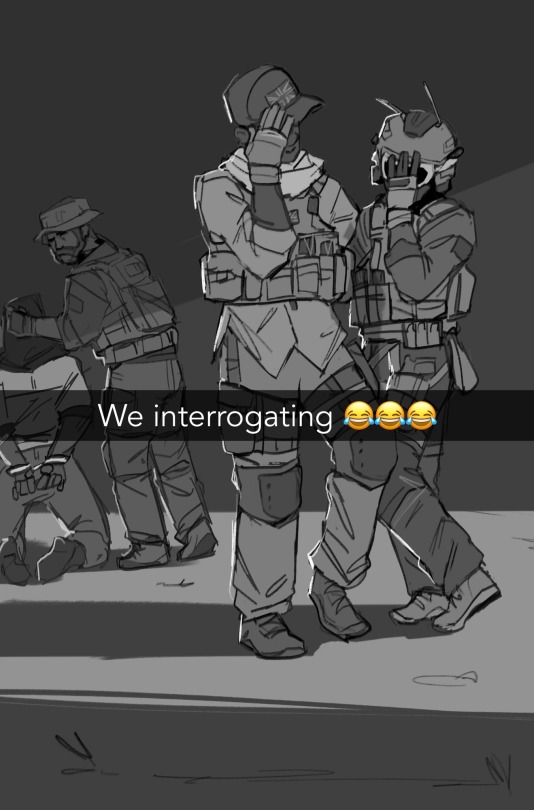
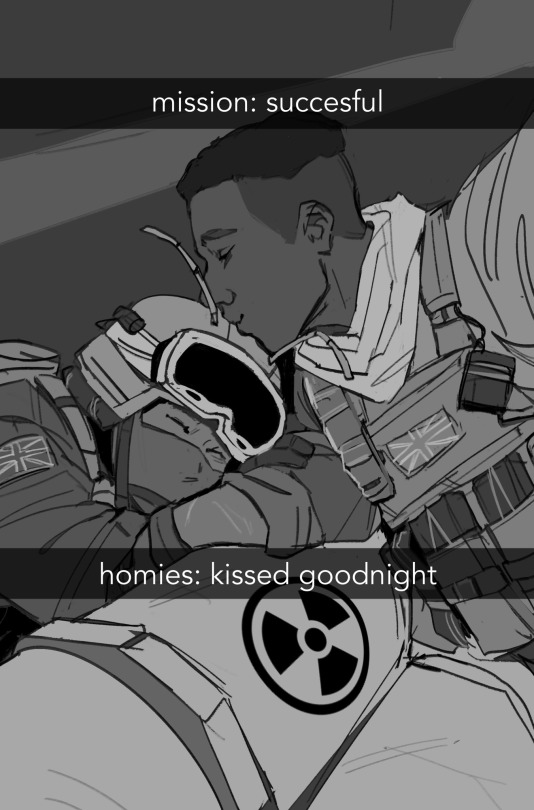
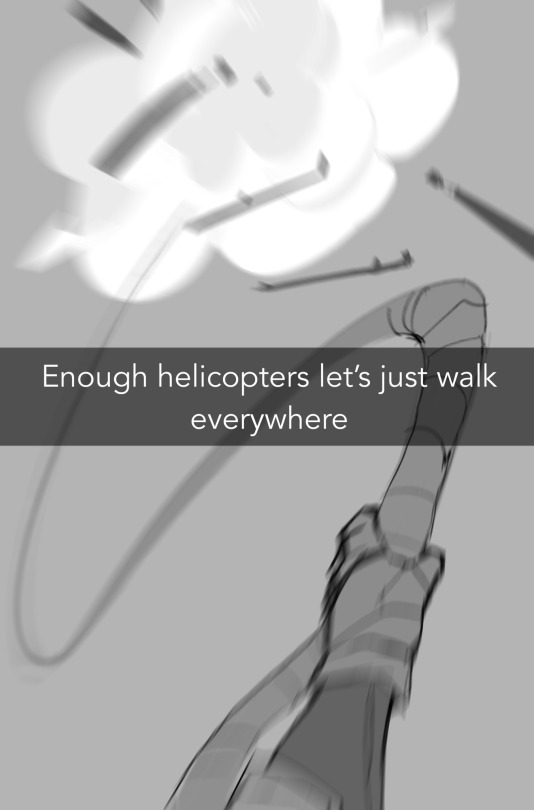


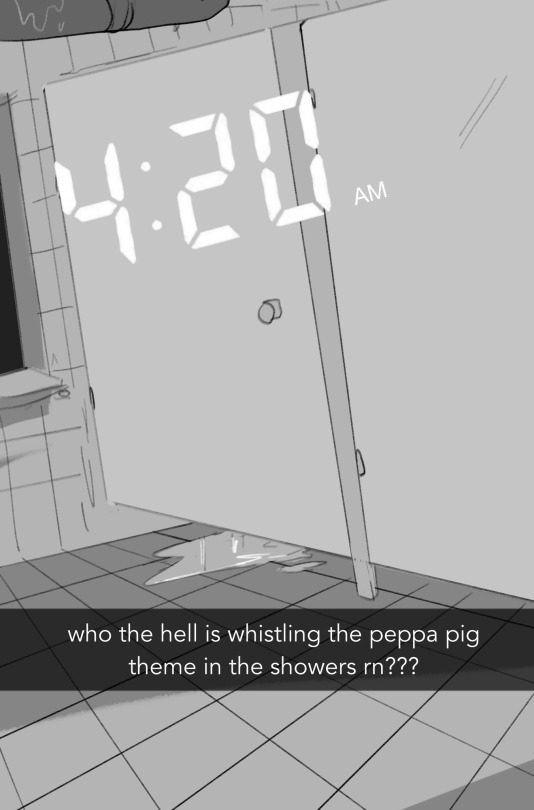
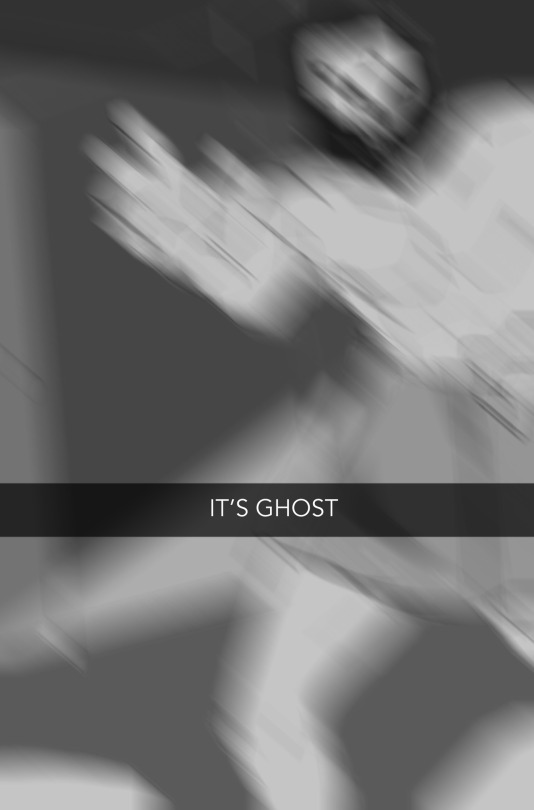
They are besties on Snapchat

The jurgen leitner hate is real
you get an invite to a gay wedding
you open the card
“WARNING: SHONEN-AI, YAOI, BOYXBOY, THAT MEANS BOY KISSES!!! LIME/LEMON LATER. DON’T LIKE DON’T ATTEND, RSVP PLZ”

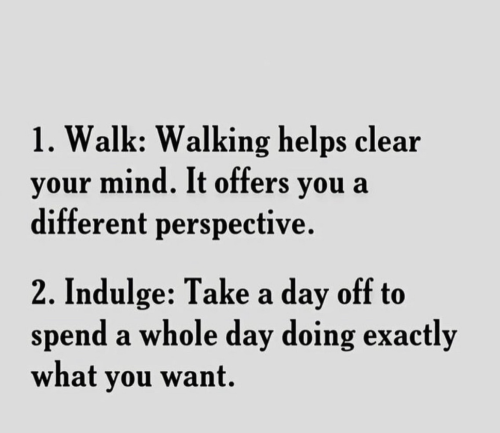
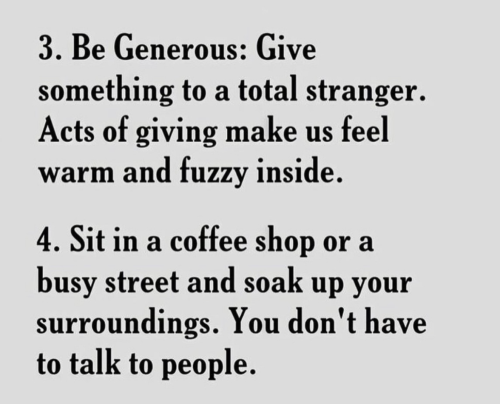
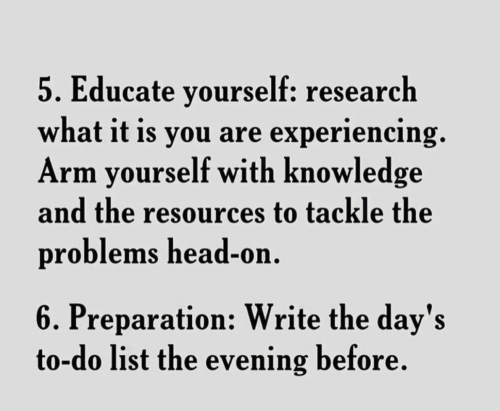
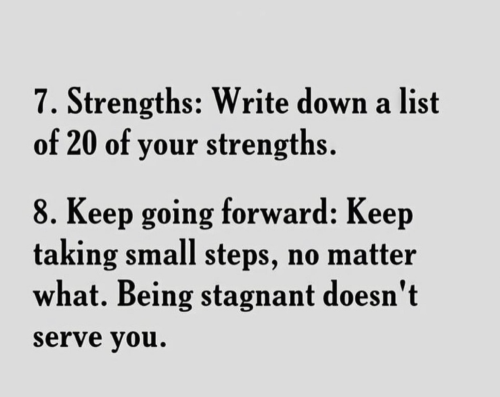
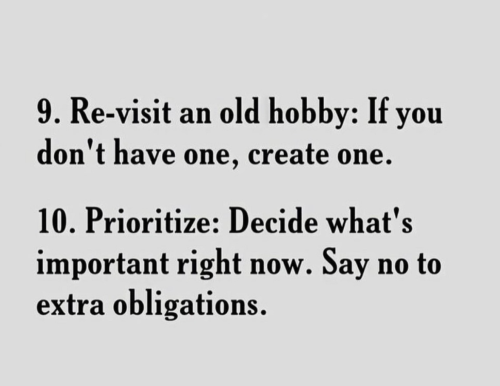
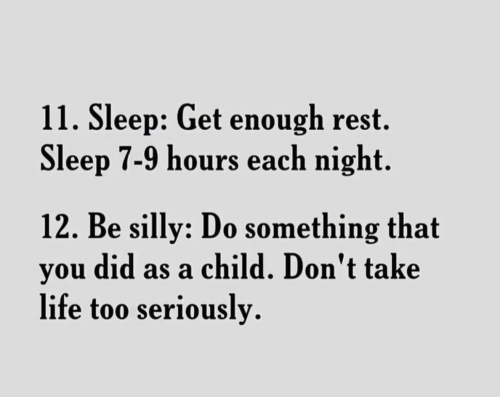
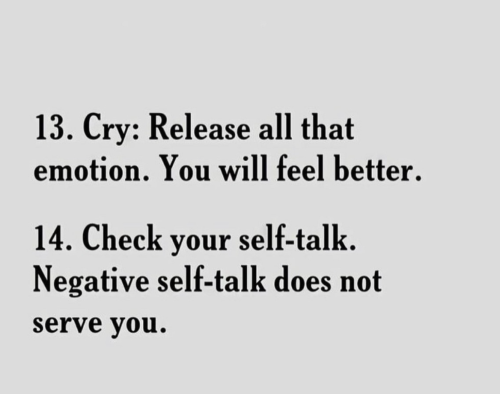
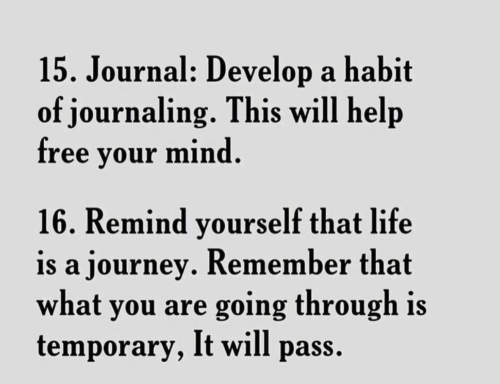
Which one is your favourite? @thoughtstherapy
dialogue prompts for ~injury~
!!please credit/tag me!!
“Shit. Shit, shit, shit, c’mere.”
“Someone get the medic. Get the medic!”
“Hey, hey, shhhh. Shhhh. You’re okay.”
“You did so good. Don’t worry, you-you did so good.”
“Here, lean on me. I can carry you.”
“We’re gonna fix you up, brand new. I promise.”
“No. No, stop. Stop talking like that. You’re gonna be fine.”
“Okay. Okay, here’s what we’re gonna do—fuck.”
“I know, I know it hurts.”
"I don't care. I'm not leaving you."
“I’m going to lift you up, okay? Tell me if it hurts.”
“Where are they? Where are they?!”
"I would believe that you're fine, but you have a goddamn knife sticking out of your leg, so."
"You just watched them die."
"This is going to hurt, okay?"
"God, I'm so sorry, it'll be over soon, I promise."
"How many fingers am I holding up? ... I don't have six fingers."
"Stop. No. Wake up. Wake up! I said wake up!"
"I came as soon as I heard."
“Get away! You’re hurting them!”
“Please be okay. Please be okay, please be okay—”
“Shit. Shit, that’s a lot of blood.”
“You dumbass. Don’t do that. Ever again.”
"Help them! Please!"
"You scared us all back there. I... Including me."
"[name]? [name], this isn't funny. Stop... please..."
"Breathe... breathe. Look at the stars, kid."
"It was supposed to be me... please, no, [name], please..."
"Tell me where it hurts, and be specific."
“You’ll be fine.” *silence* “You’ll be fine. Hey! Wake up! Please. Please wake up…”
“I’m sorry. I’m so sorry.”
-
 kino-chee liked this · 1 week ago
kino-chee liked this · 1 week ago -
 fiddlechairpen liked this · 1 week ago
fiddlechairpen liked this · 1 week ago -
 just-a-random-person liked this · 1 week ago
just-a-random-person liked this · 1 week ago -
 phia-ya liked this · 1 week ago
phia-ya liked this · 1 week ago -
 hipstersfoundmyrobot liked this · 1 week ago
hipstersfoundmyrobot liked this · 1 week ago -
 just-like-a-lemon liked this · 1 week ago
just-like-a-lemon liked this · 1 week ago -
 captain-llamatragedy liked this · 1 week ago
captain-llamatragedy liked this · 1 week ago -
 shakblakchic liked this · 1 week ago
shakblakchic liked this · 1 week ago -
 mantisshrimpfrommars liked this · 1 week ago
mantisshrimpfrommars liked this · 1 week ago -
 sowonderlandlove liked this · 1 week ago
sowonderlandlove liked this · 1 week ago -
 ellaxai liked this · 1 week ago
ellaxai liked this · 1 week ago -
 chaoticrockmusic liked this · 1 week ago
chaoticrockmusic liked this · 1 week ago -
 yourarabkogal reblogged this · 1 week ago
yourarabkogal reblogged this · 1 week ago -
 yourarabkogal liked this · 1 week ago
yourarabkogal liked this · 1 week ago -
 falldowndead liked this · 1 week ago
falldowndead liked this · 1 week ago -
 batlevisamworld-blog liked this · 1 week ago
batlevisamworld-blog liked this · 1 week ago -
 zoomiesman liked this · 1 week ago
zoomiesman liked this · 1 week ago -
 ladyunderthemolehill reblogged this · 1 week ago
ladyunderthemolehill reblogged this · 1 week ago -
 we1rd-girl liked this · 1 week ago
we1rd-girl liked this · 1 week ago -
 eynanelorn liked this · 1 week ago
eynanelorn liked this · 1 week ago -
 yolotz1n liked this · 1 week ago
yolotz1n liked this · 1 week ago -
 jaythedeadrobin liked this · 1 week ago
jaythedeadrobin liked this · 1 week ago -
 clove-feild liked this · 1 week ago
clove-feild liked this · 1 week ago -
 oookaline liked this · 1 week ago
oookaline liked this · 1 week ago -
 jikooklover306 liked this · 1 week ago
jikooklover306 liked this · 1 week ago -
 stayruby liked this · 1 week ago
stayruby liked this · 1 week ago -
 starsrfun liked this · 1 week ago
starsrfun liked this · 1 week ago -
 sammialex reblogged this · 1 week ago
sammialex reblogged this · 1 week ago -
 changbins-clown liked this · 1 week ago
changbins-clown liked this · 1 week ago -
 randomuserlily liked this · 1 week ago
randomuserlily liked this · 1 week ago -
 strrytea liked this · 1 week ago
strrytea liked this · 1 week ago -
 snail-beanio liked this · 1 week ago
snail-beanio liked this · 1 week ago -
 lady-danger liked this · 1 week ago
lady-danger liked this · 1 week ago -
 superstar0667 liked this · 1 week ago
superstar0667 liked this · 1 week ago -
 nuuudl liked this · 1 week ago
nuuudl liked this · 1 week ago -
 daniissuchadani reblogged this · 1 week ago
daniissuchadani reblogged this · 1 week ago -
 daniissuchadani liked this · 1 week ago
daniissuchadani liked this · 1 week ago -
 stalledpencil liked this · 1 week ago
stalledpencil liked this · 1 week ago -
 bowiesshoelaces liked this · 1 week ago
bowiesshoelaces liked this · 1 week ago -
 glow-sticks0 liked this · 1 week ago
glow-sticks0 liked this · 1 week ago -
 three3ofclubs liked this · 1 week ago
three3ofclubs liked this · 1 week ago -
 mei12d3may-blog liked this · 1 week ago
mei12d3may-blog liked this · 1 week ago -
 groovyprincesswombat liked this · 1 week ago
groovyprincesswombat liked this · 1 week ago -
 hail-the-hero reblogged this · 1 week ago
hail-the-hero reblogged this · 1 week ago -
 hail-the-hero liked this · 1 week ago
hail-the-hero liked this · 1 week ago -
 no-entry-access reblogged this · 1 week ago
no-entry-access reblogged this · 1 week ago -
 vampirevatican liked this · 1 week ago
vampirevatican liked this · 1 week ago -
 prettyinhotpink liked this · 1 week ago
prettyinhotpink liked this · 1 week ago

I don't know shit about tumblr but I write whump on ao3 (pfp and headers aren't mine, credits to the artists) hello Jon, apologies for the deception AO3
238 posts